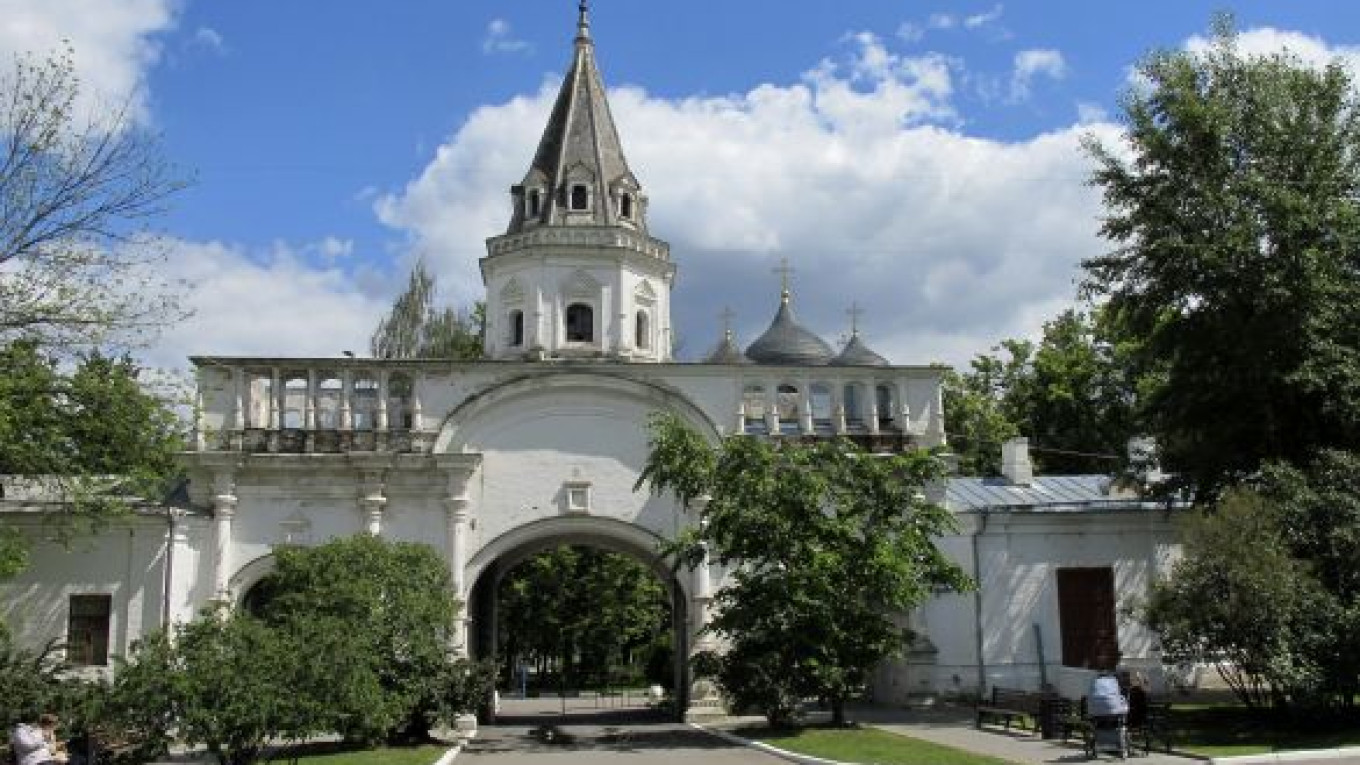The Russian capital's hotel prices are exorbitant enough to make an oligarch cry, but the city has some fine free sights that may dry up a tourist's tears.
Lenin Mausoleum
Two decades after the Soviet Union died, a visit to the mummy-under-glass of its founder is more about creepy kitsch than political pilgrimage, but still a potent view into the totalitarian psyche. Open 10 a.m.-1 p.m. Tuesday-Thursday and Saturday-Sunday. Entrance is free, but bags, cameras and phones must be checked for a fee. To make this a true freebie, go with a companion who can hold your gear.
Winzavod
This former winery on a careworn industrial street has been turned into Moscow's modern art nexus. A dozen galleries, including that of internationally known art impresario Marat Guelman, an array of modish shops and a cafe draw the young and stylish on weekends — a way to get to this crowd without paying a cover charge at a club. Take a map; though it's near the Kursky railway terminal, the neighborhood is confusing and the street's name, Chetverty Syromyatnichesky Pereulok, is a tongue-twister
Yauza Valley
No one comes to Moscow to get close to nature, but if you need to get away from its dirt and din, a walk through the wetlands of the Yauza River, a tributary of the Moscow River, is a pastoral idyll. Well-maintained paths and boardwalks lead through marshes and woods, past a 350-year-old country church, ending at a former nobleman's estate. The 21st century may seem a bit jarring when the three-kilometer walk is over. The trail starts a couple of blocks from the Babushkinskaya metro stop.
Silver Island
Although tourists jam the Izmailovsky souvenir market's ersatz czarist-era buildings, few venture to the real thing right next door. This island in a small manmade lake was a royal estate when Peter the Great was a boy and contains a soaring church with peculiar peacock-eye friezes and a fearsome three-story structure dating to his time (he died in 1725), along with a sprawling 19th century ensemble. Peter learned to sail here and credited it as the beginning of his drive to make Russia a great naval power. The island is visible from the market area, but the buildings are hidden by thick trees, so coming upon them feels like discovering a lost village.
All-Russia Exhibition Center
Larger than the country of Monaco, this complex originally built to laud Soviet achievements features Stalinist Gothic architecture (don't miss the pavilion with a gargantuan bull charging off the roof), exuberant fountains, a Vostok rocket like the one that put the first man into orbit, and usually a few thousand Russians strolling, flirting and scarfing down shish kebabs and beer.
Some of the massive pavilions that once housed Communist propaganda exhibits have been given over to capitalism, filled with warrens of tiny kiosks selling everything from medical devices to luminescent panties; others are falling into picturesque disrepair.
It's a vivid summary of the Soviet Union's ambitions and disintegration, especially the onetime space exploration building, now selling gardening supplies, where a giant, ghostly portrait of Yury Gagarin watches over sellers of petunia seedlings. Take the metro to VDNKh and follow the crowd.
A Message from The Moscow Times:
Dear readers,
We are facing unprecedented challenges. Russia's Prosecutor General's Office has designated The Moscow Times as an "undesirable" organization, criminalizing our work and putting our staff at risk of prosecution. This follows our earlier unjust labeling as a "foreign agent."
These actions are direct attempts to silence independent journalism in Russia. The authorities claim our work "discredits the decisions of the Russian leadership." We see things differently: we strive to provide accurate, unbiased reporting on Russia.
We, the journalists of The Moscow Times, refuse to be silenced. But to continue our work, we need your help.
Your support, no matter how small, makes a world of difference. If you can, please support us monthly starting from just $2. It's quick to set up, and every contribution makes a significant impact.
By supporting The Moscow Times, you're defending open, independent journalism in the face of repression. Thank you for standing with us.
Remind me later.


